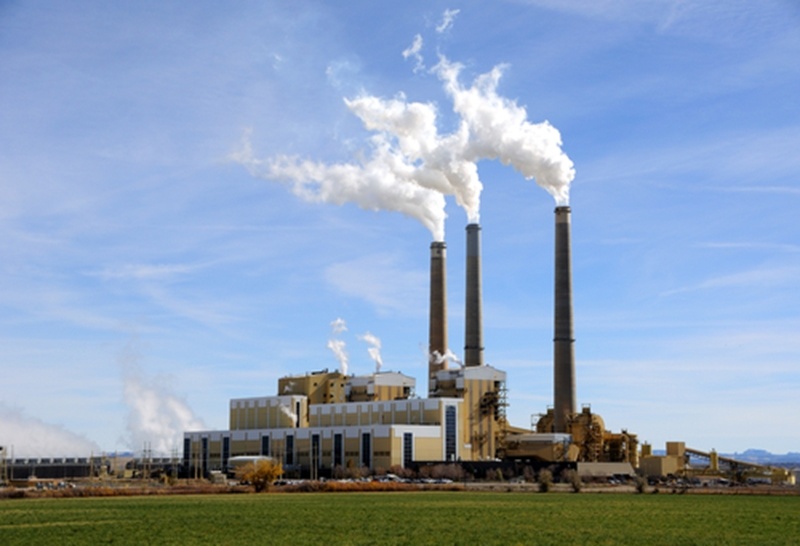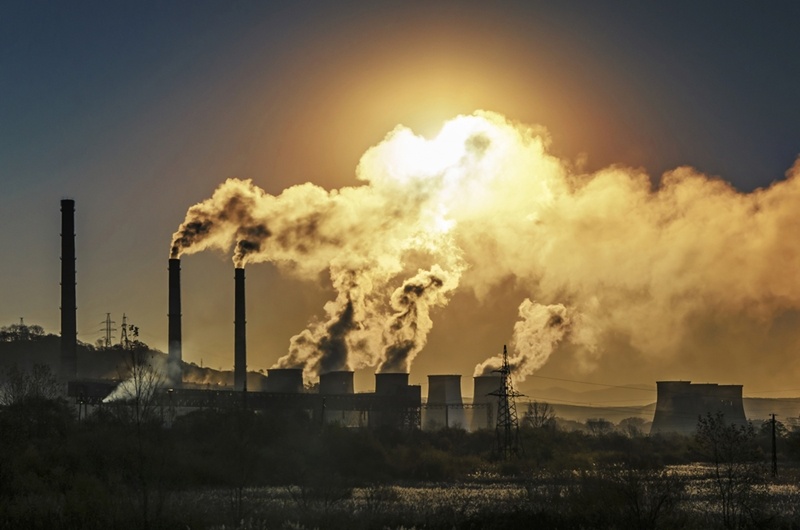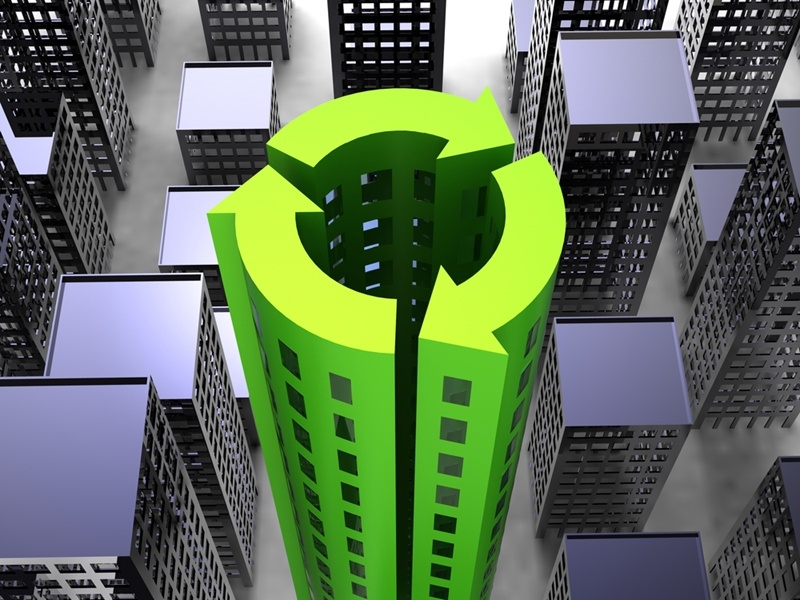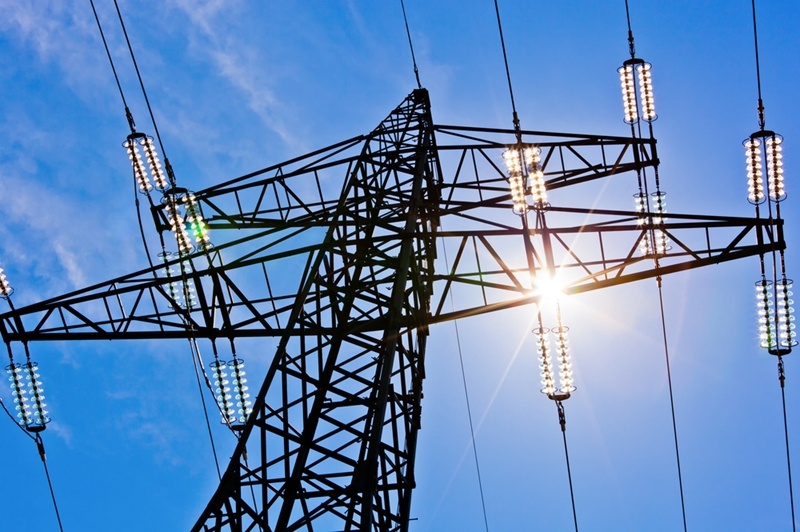What does the EPA's Clean Power Plan mean for the electric grid?
In light of growing concerns about climate change, the EPA's Clean Power Plan seems like a sensible step toward making large-scale energy generation less impactful on the environment. The crux of the plan is centered around cutting carbon emissions by quickening the process of phasing out coal-fired power plants, but some of the plan's specifics have raised concerns of higher prices and less grid reliability.
Coal-fired plant shutdowns may lead to price hikes
According to Smart Grid News, the EPA's new regulations will have a multifaceted regulatory impact on coal-fired plants and their natural gas and oil-burning counterparts. Some of the areas of regulation include scaling back mercury emissions from coal combustion, reducing wind-borne oxides and setting new guidelines for carbon emissions from both new and existing power plants.
"The Clean Power Plan could cause electricity prices to increase by 10-30 percent in the regions connected to the affected plants."
If the courts uphold the new rulings, some utilities may have to shut their plants down for an extended period of time while they retrofit the facilities with new equipment, or else shut down for good. Smart Grid News noted that this could cause electricity prices to increase by 10-30 percent in the regions connected to that plant. The news source also reported that a study by Purdue University found that energy prices in Indiana could rise up to 32 percent due to the new law.
This last point may be a big area of contention for utilities. Under the proposed plan, states will be required to reduce their power plants' carbon emissions by up to 30 percent by 2030. Unless there is a delay in the court's ruling, the carbon requirements for existing power plants will be finalized by June 2015. The guidelines for new plants, however, have already been announced, meaning that utilities must start planning for them now if they want to avoid noncompliance with the law in the near future.
Questions surrounding grid reliability under the Clean Power Plan
Philip Moeller, a member of the Federal Energy Regulatory Commission (FERC), recently wrote a letter to the EPA that expressed his concern that grid reliability will be threatened under the Clean Power Plan in its current incarnation.
"I am concerned that the costs of the CPP could total hundreds of billions of dollars," Moeller said in his letter, "But my primary concern relates to implications of the CPP on the reliability of the nation's electricity system."

The EPA's Clean Power Plan aims to phase out coal-fired plants, but some critics are concerned that there will be adverse side effects from the plan.
Moeller noted that the EPA's plan, which will be implemented on a state-level, is incompatible with the regional setup of the power grid, which is organized along regional lines and not necessarily state borders. He charged that this plan will be "extremely inefficient in a system of interstate regional electric markets."
He also stated that he lacked confidence in the way the EPA planned on replacing the coal-fired power it would take away. Under the Clean Power Plan, natural gas pipelines and plants will replace coal-fired ones. Moeller stated that he didn't think the size of the new pipelines and the speed at which they would be built would be a sufficient replacement for the immediately-phased out coal plants.
Challenges for ESCOs/REPs going forward
The Clean Power Plan's regulations will have an impact beyond the utilities. ESCOs/REPs will also face a host of unique challenges, such as balancing the ever-growing consumer demand for power with the demands of a cleaner power grid. Additionally, interruptions in the delivery of electricity due to coal and natural gas plant downtime could have a major effect on every retailer's ability to serve their customers efficiently during downtime. The ability to accurately predict outages, as well as wholesale and retail price variations due to the switch from coal to natural gas and renewables, will be essential for providers that want to remain competitive in this market.
Share this
You May Also Like
These Related Stories

What does the EPA's finalized Clean Power Plan mean for the energy industry?

REPs love REV: Why retail providers are excited about the future of New York energy


